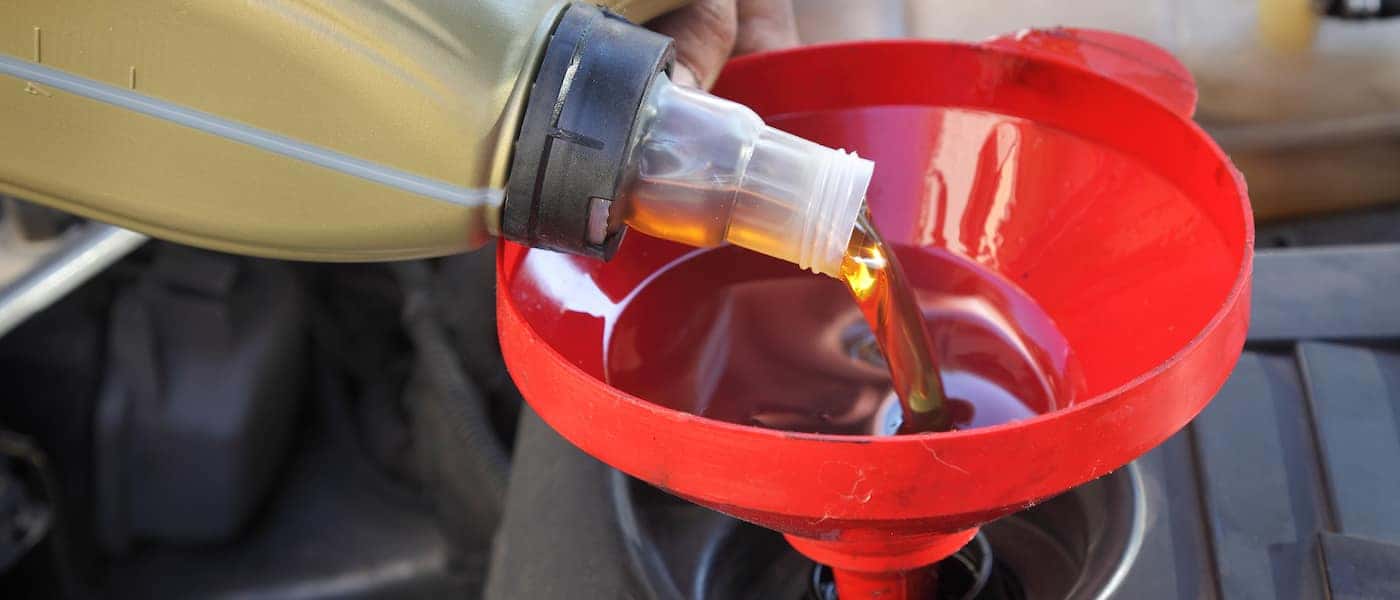

Truck oil change intervals are a critical aspect of maintaining the longevity of a truck, impacting not just performance but also minimizing future repair costs. Properly scheduled oil changes prevent significant engine wear and tear, ensuring peak performance and longevity for your heavy-duty vehicle. This comprehensive guide will equip you with the knowledge to optimize your truck’s service schedule. Understanding the importance of regular oil changes and the specific factors influencing the intervals will greatly extend your truck’s life. We’ll delve into manufacturer guidelines, driving conditions, and oil quality to help you make informed decisions. We will cover everything from basic procedures to advanced considerations, ensuring you have a complete understanding of truck oil change intervals.
Understanding Manufacturer Recommendations
Identifying the Correct Service Intervals
Manufacturer recommendations are critical for maintaining optimum engine performance. Consult your truck’s owner’s manual for specific recommendations regarding oil change intervals. These guidelines typically consider factors like engine type, operating conditions, and fuel type. Different manufacturers might have different guidelines; always refer to your vehicle’s manual to ensure accurate and appropriate adjustments.
Considering Various Engine Types and Applications
Different engine types, such as diesel engines, have unique needs. Diesel engines, due to their operational characteristics, often require more frequent oil changes compared to gasoline engines. Similarly, the specific application of the truck, such as heavy-duty hauling or light-duty city driving, impacts the recommended schedule. Consider the specific requirements of your engine type and driving conditions when determining the appropriate oil change frequency.
The Role of Driving Conditions
The conditions under which a truck is operated play a significant role in determining the optimal oil change frequency. Heavy loads, frequent idling, off-road conditions, and extreme temperatures influence the oil’s effectiveness in protecting the engine. High temperatures can break down oil faster, necessitating more frequent changes. Similarly, heavy loads often lead to increased friction within the engine’s components, further stressing the oil. Regular checks on the oil quality can help assess the need for more frequent changes.
Factors Influencing Oil Change Frequency
The Impact of Driving Conditions
Driving conditions significantly influence the rate at which oil degrades. Trucks operating in dusty, high-temperature environments or frequently towing heavy loads will require more frequent oil changes than trucks used for light-duty applications. Dusty environments can accelerate wear and tear, requiring more frequent oil changes to maintain optimal engine performance. Heavy hauling further stresses the engine components, increasing the rate of friction and the necessity for more frequent lubrication.
Analyzing Oil Quality
Regularly checking the oil quality can help in determining the need for more frequent changes. Factors to consider include the presence of contaminants, the color of the oil, and the overall condition of the oil. If the oil appears dark or contains debris, it may be a sign that a change is necessary. Checking the viscosity of the oil can also help in determining its efficiency. Contaminants and deterioration of oil quality often indicate the need for an immediate change.
Importance of Using Quality Oil
Selecting the Right Oil Type
Choosing the correct oil type for your truck is vital. Use the specifications recommended by the manufacturer, considering factors such as the engine’s type, load conditions, and the specific region and environment. Using a suitable oil type that caters to the truck’s specifications is crucial for engine protection and longevity. Using the correct oil specifications is important to ensure compatibility and optimal performance, preventing premature wear or damage to the engine components.
Benefits of Premium Oil
Premium-grade oils often provide enhanced protection and lubricity, especially in demanding environments. They can help reduce wear and tear, and extend the lifespan of critical engine components. The superior quality of premium oil can translate into lower maintenance costs and greater engine longevity in the long term. In the long run, this often pays dividends through reduced repair costs and prolonged operational efficiency.
Maintaining Oil Viscosity and Stability
Maintaining proper oil viscosity and stability is crucial for optimal engine performance. Consistent viscosity levels ensure that the oil adequately lubricates the moving parts and reduces friction within the engine. Any changes in viscosity indicate potential degradation and the need for a timely oil change.
Maintaining Proper Oil Levels
Checking and Topping Off Oil
Regularly checking the oil level and topping it off as needed is essential for preventing oil starvation and maintaining optimal engine health. This prevents wear and tear that can potentially lead to serious engine damage. Checking the oil level is a crucial step in preventative maintenance. It aids in identifying potential issues with the oil system and ensures the engine continues operating efficiently.
Identifying and Addressing Oil Leaks
Identifying and addressing oil leaks promptly is essential for avoiding significant engine damage and costly repairs. Oil leaks can lead to insufficient lubrication, increasing friction and wear on engine components. Prompt attention to these leaks is essential to prevent further issues and ensure the engine operates efficiently. Detecting and repairing leaks promptly is essential in maintaining the overall health of the engine and minimizing costly repairs later on.
The Impact of Oil Filters
Using appropriate oil filters and ensuring regular replacements significantly contribute to maintaining clean and efficient lubrication. Oil filters remove contaminants and debris from the oil, helping maintain its quality and extending the life of the oil. Using high-quality filters is critical to ensure optimal performance and to maximize engine life. Neglecting oil filters can lead to premature engine failure.
Advanced Considerations for Oil Change Intervals
Extended Drain Intervals (with proper monitoring)
Some manufacturers offer extended oil drain intervals under specific conditions, which can translate to reduced maintenance costs and time. However, these conditions require diligent monitoring of oil quality and environmental factors. Proper monitoring is essential in these cases to prevent complications arising from degraded oil or unusual environmental conditions.
Specialized Oil for Extreme Conditions
In environments with extreme temperatures, high loads, or frequent off-road use, using specialized oil formulations designed for these conditions is essential. These specialized oils are specifically formulated to withstand harsh conditions and provide superior protection to the engine. Using suitable oils for specific situations can significantly contribute to engine longevity and overall vehicle performance.
Consulting a Mechanic
Ultimately, consulting a qualified mechanic offers tailored advice based on your specific truck’s needs and operating conditions. This often leads to more accurate and effective preventative maintenance plans. They can provide specific recommendations, assess the engine’s condition, and offer advice on necessary modifications for specific driving conditions or types of cargo.
Regular Inspection and Maintenance
Visual Inspection of Engine
Regular visual inspection can help identify any unusual signs of wear or potential problems, like oil leaks. This routine check can help in preventative maintenance and avoid costly repairs later on. Early identification of issues ensures efficient and effective repairs.
Monitoring Oil Pressure and Temperature
Monitoring oil pressure and temperature is a crucial step in maintaining engine health and identifying any potential issues early on. This aids in preventive maintenance by detecting and addressing problems before they lead to more significant or costly repairs.
Checking Belts and Hoses
Inspecting belts and hoses can help prevent potential damage caused by wear and tear or other issues. Checking these components regularly can contribute significantly to preventative maintenance and ensuring optimal vehicle performance.
Frequently Asked Questions
What are the common reasons for premature engine failure in trucks?
Improper oil changes, driving in extreme conditions, overloading the vehicle, and neglecting routine maintenance are some common causes of premature engine failure. Consistent monitoring of oil levels, adherence to recommended service intervals, and appropriate lubrication techniques significantly reduce the risk.
How does driving conditions affect truck oil change frequency?
Harsh conditions such as towing heavy loads, driving in dusty environments, or navigating off-road terrains often necessitate more frequent oil changes. Extended use in dusty conditions or extreme temperatures can accelerate wear and tear on the engine components, demanding adjustments in the servicing schedule. A qualified mechanic can recommend the ideal service schedule for specific driving patterns and operating conditions.
What are the risks of overusing or underusing oil in a truck engine?
Overusing engine oil can lead to dilution of the oil’s lubricating properties, increasing friction and heat within the engine. Underusing oil can result in insufficient lubrication, causing severe engine damage and leading to premature wear and tear of critical engine components. Maintaining the proper oil levels, as specified in the owner’s manual and as advised by the mechanic is essential.
In conclusion, understanding truck oil change intervals is crucial for maximizing your vehicle’s longevity and minimizing repair costs. By following manufacturer recommendations, considering driving conditions, and using quality oil, you can significantly extend your truck’s lifespan. This article has provided a comprehensive guide to help you navigate the world of truck oil changes and choose the right schedule for your needs. For a personalized recommendation, consult a qualified mechanic for a thorough inspection and tailored advice. Let us know in the comments below if you have any questions or share your experiences with truck oil changes!